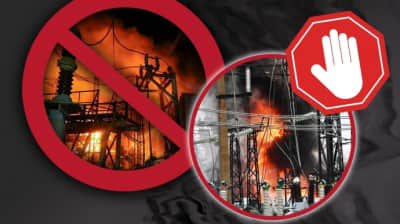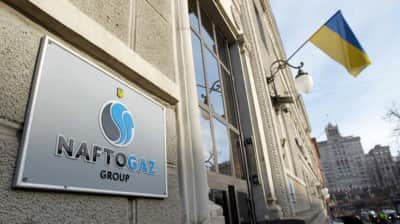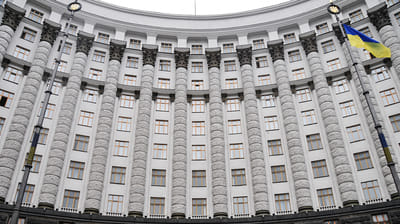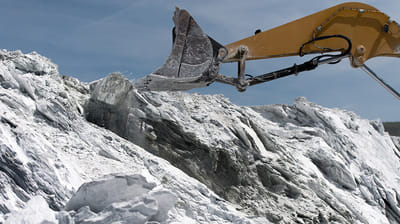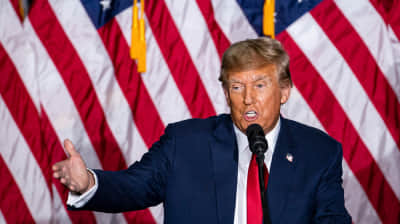ISW determines how Russia could pay Iran for missiles
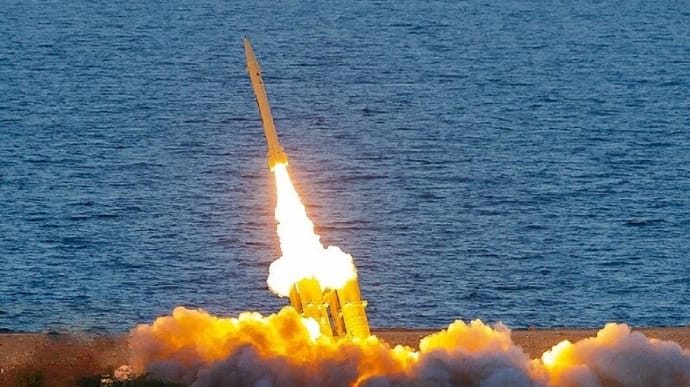
Analysts at the Institute for the Study of War (ISW) believe that the supply of Iranian-produced ballistic missiles to Russia is part of a strategic partnership between Iran and Russia. Iran needs Russia to inject money into the country's economy, Russian Su-35 fighter jets and Russia's help in modernising its cyber capabilities and space and missile programmes.
Source: ISW
Details: Analysts from ISW have frequently documented the increasing economic, media, military, and political collaboration between Moscow and Tehran since Russia launched its full-scale invasion of Ukraine in February 2022.
In a report from September 2023, ISW highlighted Iran's efforts to secure economic and military benefits from its alliance with Russia, including seeking financial aid to support its faltering economy in return for supplying weapons to the Kremlin. Furthermore, Iran has shown interest in acquiring Russian Su-35 fighter jets, with Iranian officials reportedly applying pressure on Moscow to deliver these jets during a meeting with Russian Security Council Secretary Sergei Shoigu in Tehran in August 2024.
In addition, Iranian leaders have asked for Russian cooperation to modernise their cyber capabilities and advance their space and missile programmes as part of their expanding military ties.
It is also reported that the United States and European countries have prepared a new sanctions package against Iran in response to these actions.
To quote the ISW’s Key Takeaways on 6 September:
- US and European officials reported that Iran delivered hundreds of short-range ballistic missiles to Russia to support Russian leader Vladimir Putin’s invasion of Ukraine.
- The transfer of Iranian ballistic missiles is part of the deepening strategic partnership between Iran and Russia.
- US Defense Secretary Lloyd Austin stated on 6 September that no specific weapon would be a "game changer" for Ukraine and that allowing Ukrainian forces to use US-provided weapons for long-range strikes against Russian military targets within Russia would not change the status of the war.
- Austin is correct that no single weapon system will change the course of the war, but his comments ignore how weapon systems and their accompanying rules of engagement do affect Ukrainian capabilities and that changes in capabilities can change the course of wars. Western military assistance remains crucial for Ukraine's ability to defend itself, and Austin’s statement ignores the Ukrainian long-range strike capability requirement necessary to disrupt Russian rear staging areas.
- Ukraine's Western partners pledged additional military aid to Ukraine during the Ukraine Defence Contact Group at Ramstein Airbase in Germany on 6 September, a significant portion of which will reportedly not be delivered in the immediate future.
- Russian forces are increasingly executing surrendering Ukrainian soldiers throughout the front line, likely in part because Russian commanders appear to be endorsing the proliferation of such war crimes.
- Russian officials attempted to use a meeting with International Atomic Energy Agency (IAEA) Director General Rafael Mariano Grossi to pursue longstanding efforts to legitimise Russia's occupation of the Zaporizhzhia Nuclear Power Plant (ZNPP) and Zaporizhzhia Oblast, while also promoting false narratives about a Ukrainian threat to the Kursk Nuclear Power Plant (KNPP) to weaken Western support for Ukraine's incursion into Kursk Oblast.
- Russian federal censor Roskomnadzor published and immediately deleted a draft procedure to implement a recently adopted law designed to deanonymise Russian Telegram channels, possibly after receiving backlash from the Russian ultranationalist Telegram community.
- The Kremlin signalled its commitment to establish full control over the Russian information space in the future and will likely reattempt to deanonymise Russian social media and Telegram channels even though Roskomnadzor withdrew its recently proposed regulations for now.
- The Kremlin continues to appoint Russian Presidential Administration Deputy Head Sergei Kiriyenko to positions overseeing Russia's informational efforts as part of efforts aimed at shaping Russian identity and ideology.
- Russia continues efforts to develop a capability to use information operations on social media platforms to trigger kinetic activity and has been using the Ukrainian information space for several years to hone this capability.
- Russian forces recently regained lost positions in Kursk Oblast amid continued fighting throughout the Ukrainian salient on 6 September.
- Ukrainian forces recently regained lost positions near Pokrovsk, and Russian forces recently advanced near Toretsk.
- Open-source tracking of confirmed Russian military deaths in Ukraine suggests that more Russian volunteers have died in Ukraine than Russian convict recruits and mobilised personnel.
Support UP or become our patron!


